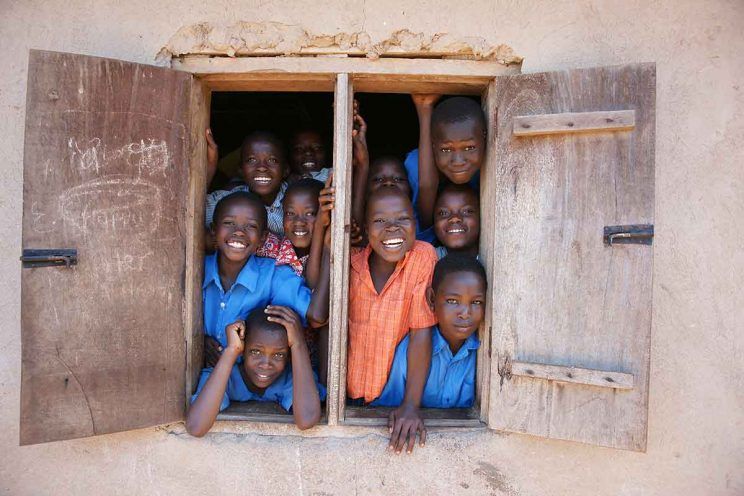
Proud history of Catholic education in South Africa
[This article by the editor of The Southern Cross was printed on 26 May 2018]
As the Church in South Africa celebrates the 200th anniversary of its establishment, it is a good time to pay tribute to the remarkable history and ongoing contribution of Catholic education in this country. It is in the areas of education and health, especially, that the Catholic Church has made its mark in wider society in Southern Africa, as it has done in many parts of the world.
For this we owe an enormous debt of gratitude to the missionaries who left their homes and families to uplift children whom successive governments were loath to give a chance at a good education, and therefore a better future. While most of our Catholic schools are now run and staffed by lay people, the labours of these missionaries continue to bear great fruits.
The vast majority of South Africa’s Catholic schools serve the poor, in townships and urban areas as well as in rural regions. In all measures of academic performance, these schools invariably outperform the national average. But important as academic success is, our Catholic schools also raise generations of young people who have access to human development and are fed on the rich fruits of our faith.
The missionaries built all this, increasingly with lay involvement. And they were heroic in fighting injustice. In 1975 the Dominican Springfield Convent School in Cape Town announced that it would enrol eight coloured girls – in direct challenge to the then government policy of apartheid. Threats and intimidation from the regime were futile. At least in private education, apartheid suffered a significant defeat.

